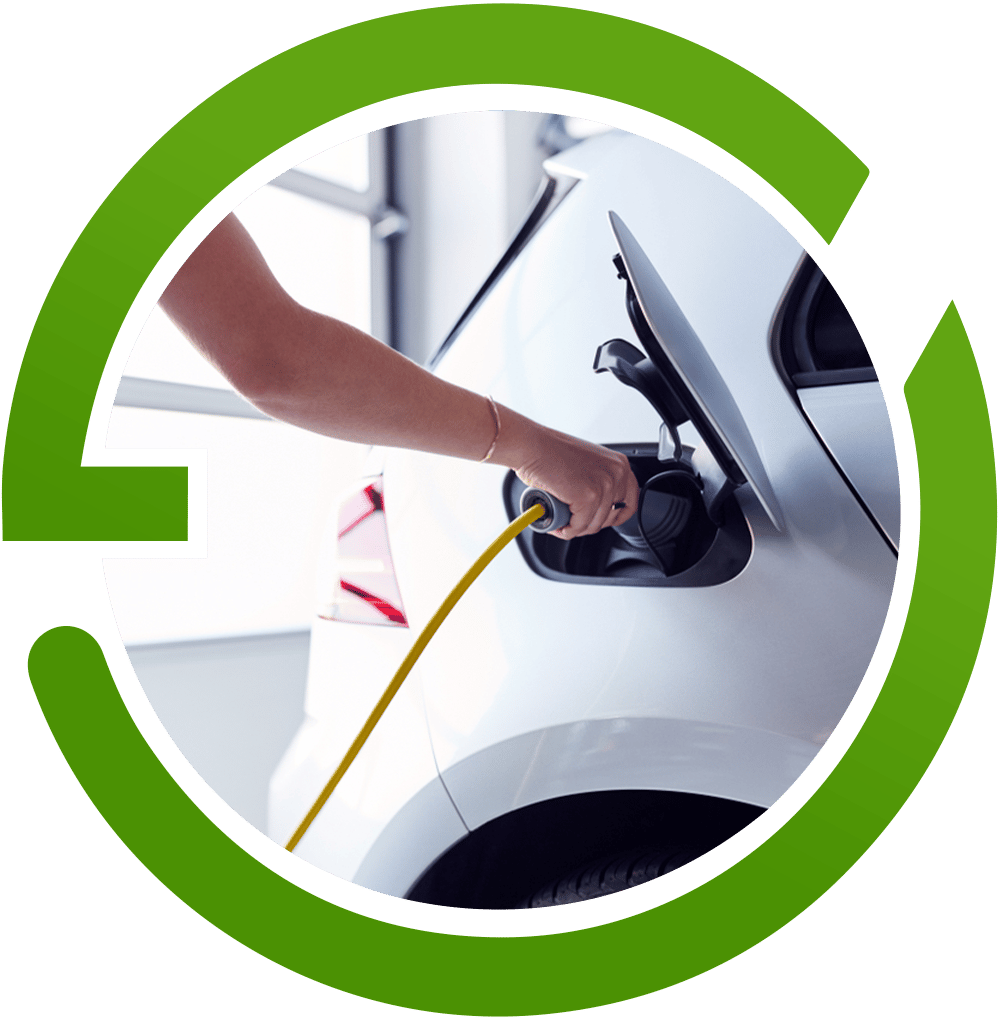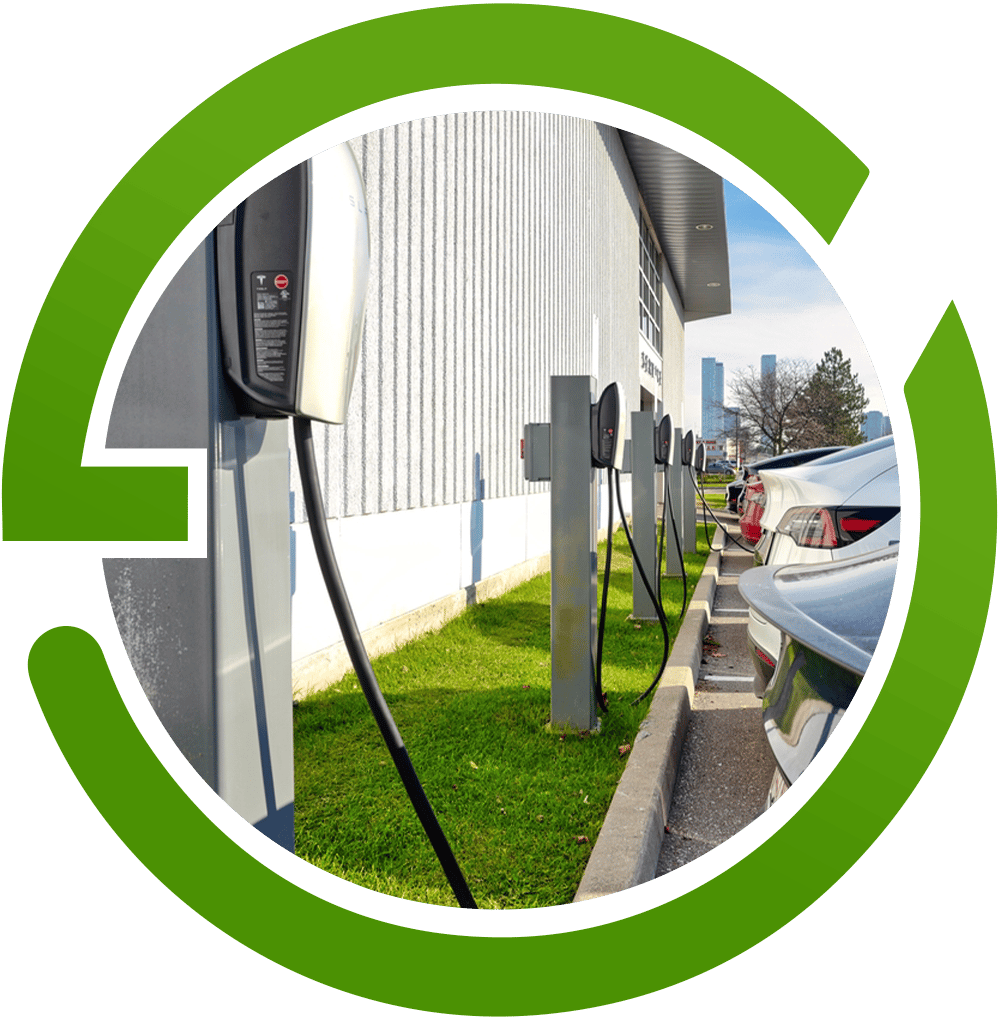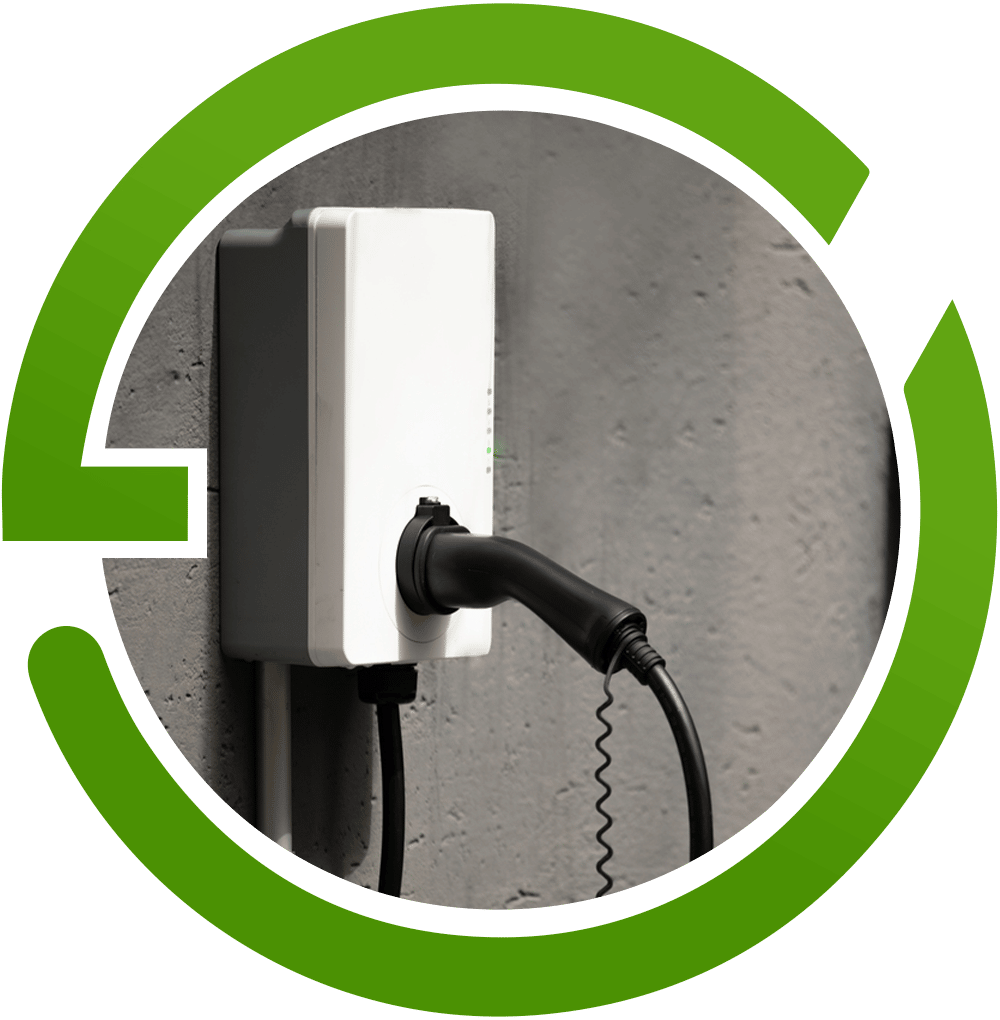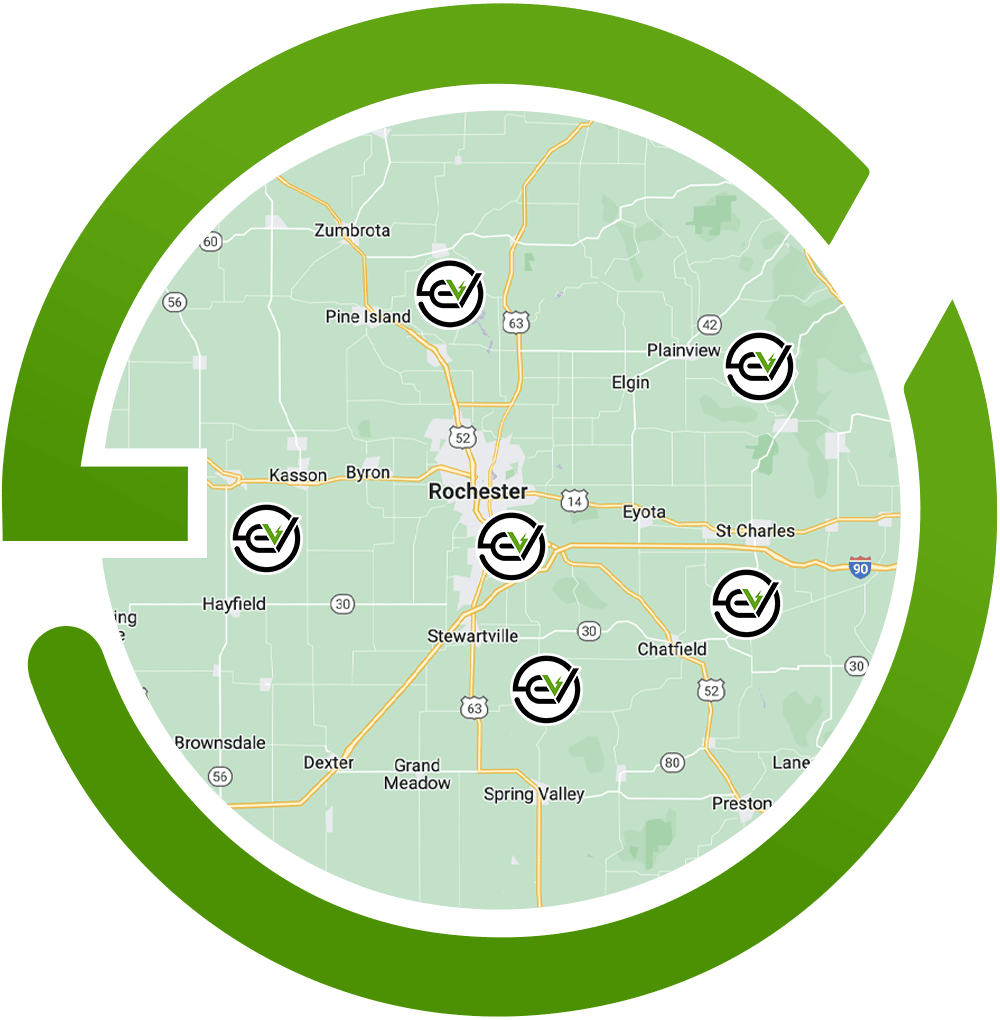

Everywhere you look, you will see an electric vehicle. There are more reasons than ever to buy or lease one, including the fact that they are environmentally friendly, offer a variety of rebates and incentives, and can help you save money on fuel and maintenance.
However, once you have your electric vehicle, how do you go about charging it? While there are some options available, such as local malls or designated stations, nothing beats the convenience of your own home. That’s where we come in!
Founded by Paxton Electric, Electric Vehicle Charging Solutions can install your very own EV Charging Station. Whether you need one for your home, or for your commercial business, you can call on Electric Vehicle Charging Solutions to help. We are Qmerit-certified and eager to provide you with the best service possible. Contact us today at (507) 316-6044 to learn more about how we can assist you.





Making an appointment with Electric Vehicle Charging Solutions will be helpful in determining this very important factor.
We utilize a “load calculator” to understand your home or business’s capacity. To charge multiple electric vehicles at once, local load management allows the charging stations to communicate with one another and divide up the available power from the building’s electrical panel evenly.
This process includes obtaining an electrical permit from the city and a final inspection.
